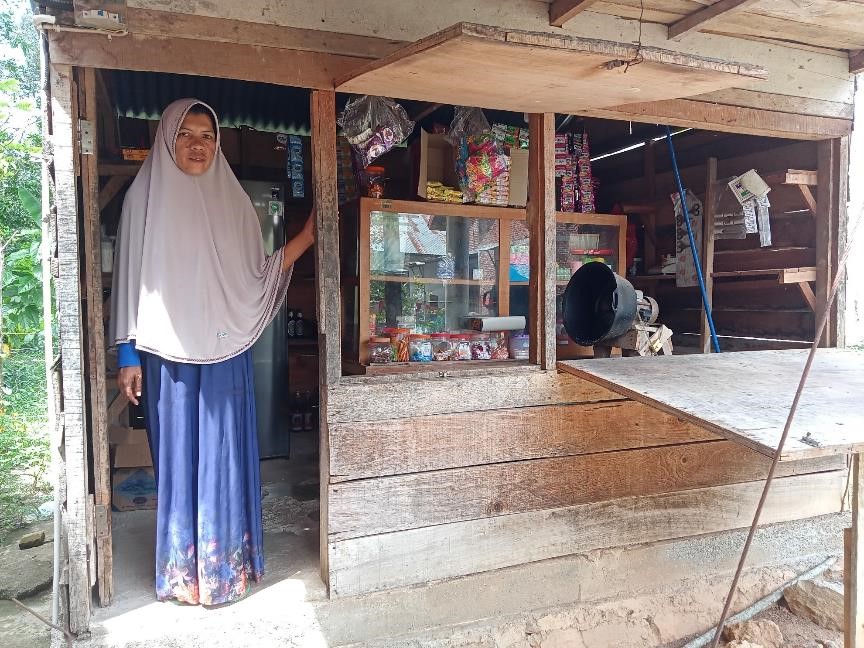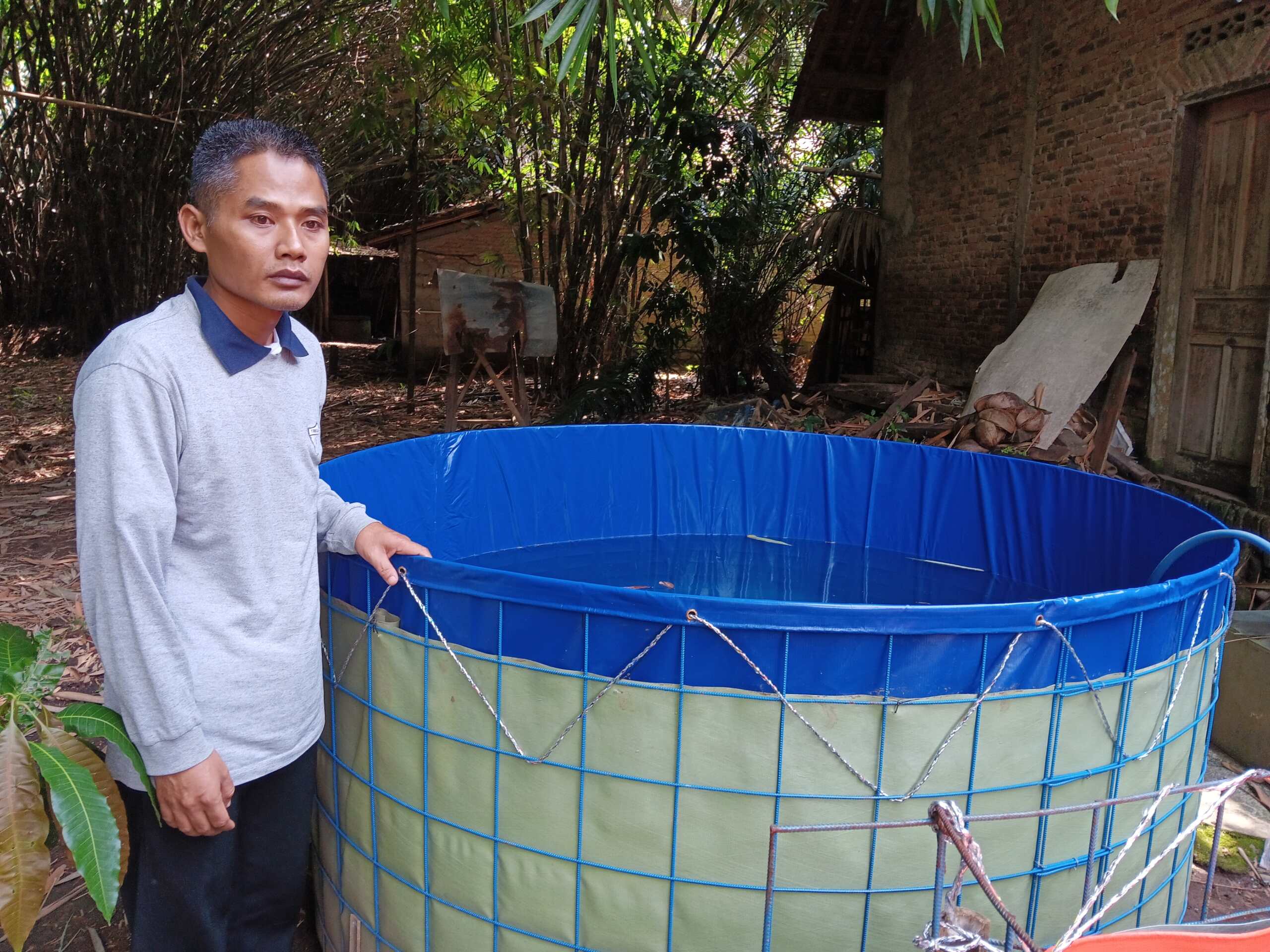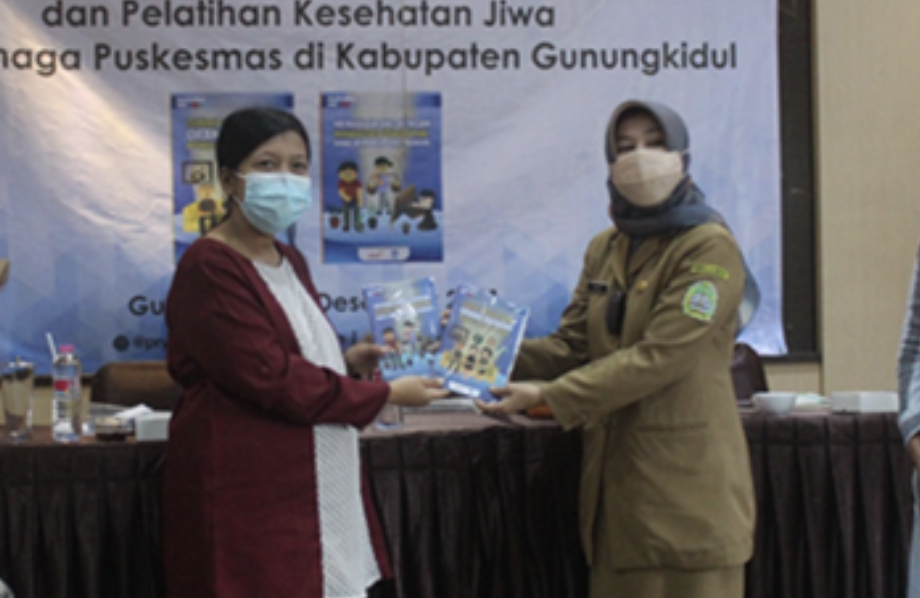Social inclusion and mental health
At CBM, we recognise that social inclusion and good mental health are essential to the well-being of individuals and their families. The evidence shows that apart from the personal impact of social exclusion, there is an enormous loss to communities if people with mental health conditions are not able to participate in the economy and broader society. In recognition of this impact, the World Health Organization has now included mental health as one of its Sustainable Development Goals.
Mental health and poverty
Many of the poorest countries in the world spend less than 1% of their health budget on mental health support. For people living in such poor communities, the consequences can be dire. Not only do they experience higher rates of poverty and unemployment, and poor health and education systems than those living in more affluent conditions, but they are also more likely to experience poor mental health outcomes, such as depression, anxiety, substance abuse and social isolation. With limited access to mental health services, addressing mental health conditions early becomes difficult, increasing vulnerability to severe mental illness.
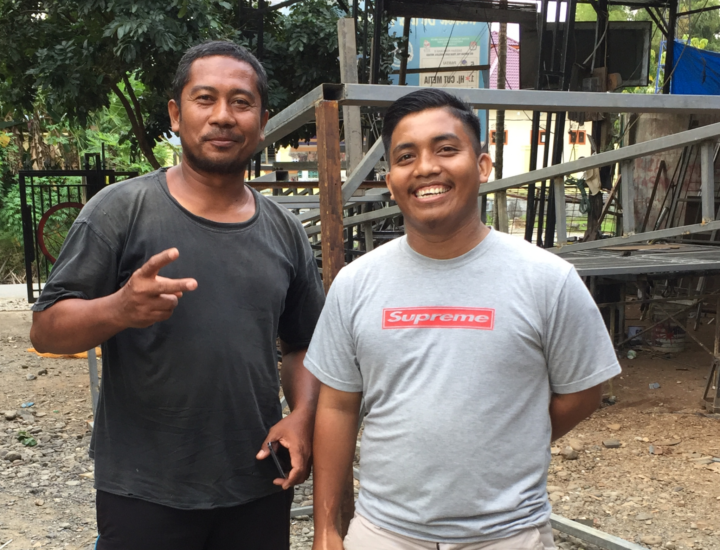
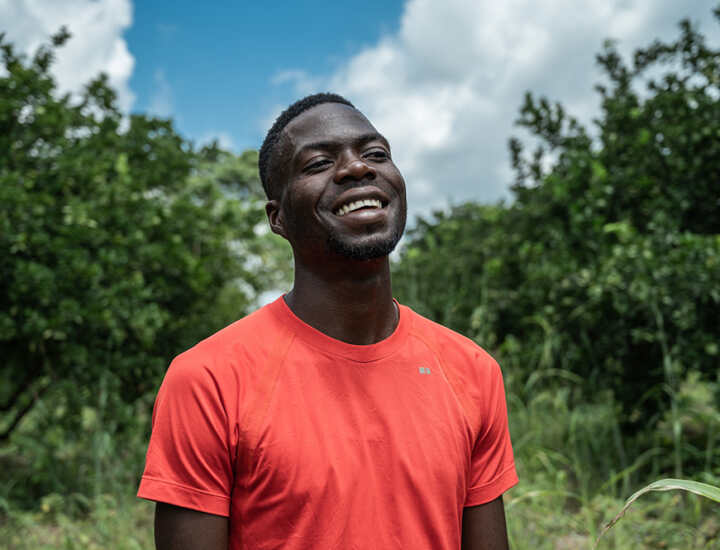
Mental health challenges
Mental health conditions are a common and leading cause of disabilities worldwide, accounting for approximately one-third of all global mental health issues and disabilities according to research by the World Health Organization (WHO).
Mental illness such as depression, schizophrenia, and other psychotic conditions, as well disorders such as epilepsy, dementia, alcohol, and substance misuse often cause distressing symptoms that are not prioritised by health services.
Fortunately, in the last decade, there has been significant growth in interest in mental health and mental well-being as a development issue.
Financial support from Australians in recent years enabled CBM Australia to transform the health and lives of more than 5.53 million people with disabilities and their families. This included the development of peer support groups in Nigeria that provided more than 25,000 people with access to medication to manage psychosocial disabilities including psychosis.
The need for community-based programs
There is strong evidence of the urgent need for effective, culturally appropriate and community-based interventions and treatment. No one should be isolated or marginalised just because they have a disability.
CBM programs provide opportunities for people with disabilities in developing countries to become agents for local change and social inclusion. These programs enable people to build local support groups, raise awareness and advocate for their own human rights, in line with the UN Convention on the Rights of Persons with Disabilities (CRPD).
There is still a lot of work to be done. However, through this approach, more people with mental health issues will be able to receive the support they need to assist them on their path to recovery and full participation in their community.
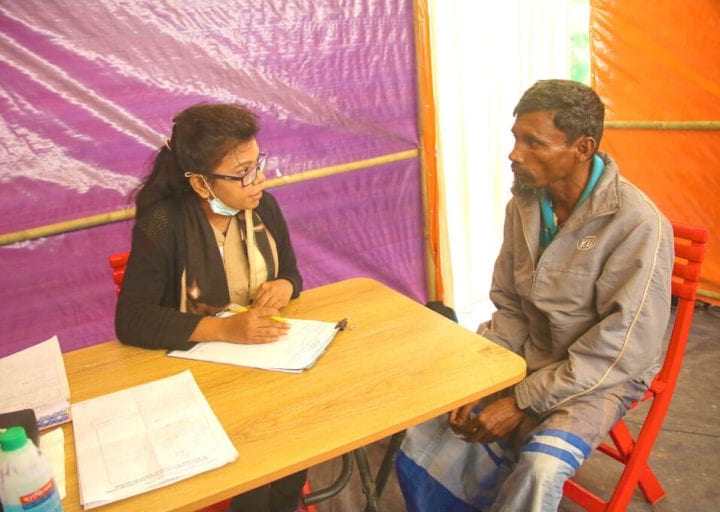
How we help
CBM works with people to improve social justice and inclusion in mental health in the following ways:
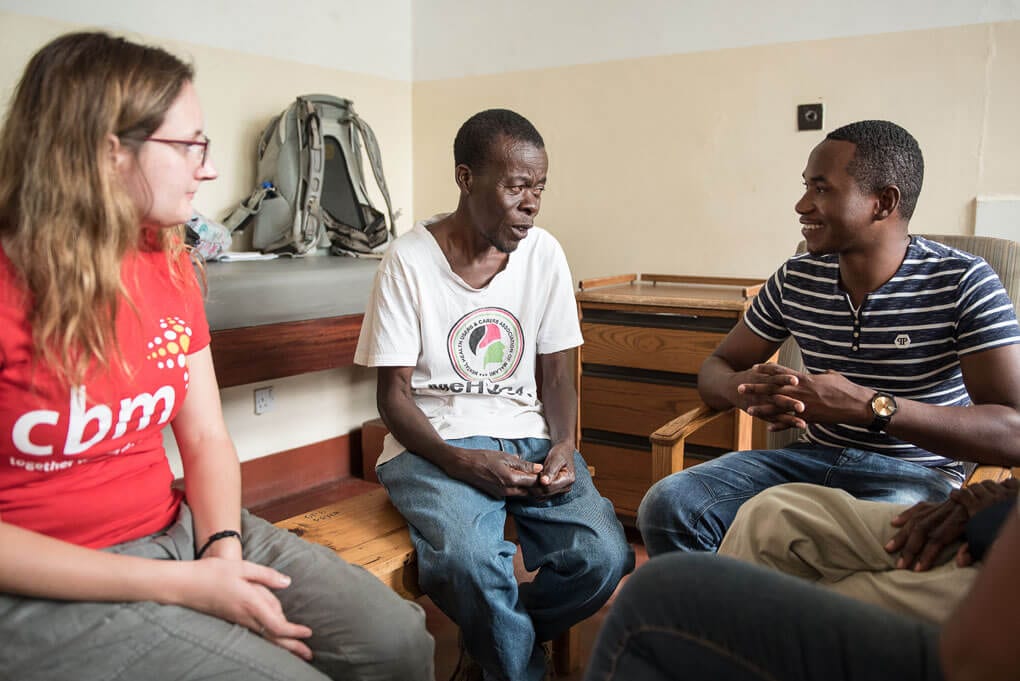
Strengthening local voice
Individuals find out and understand their rights, share and learn insights on mental health and well-being issues and gain skills to advocate for themselves and their community. This brings the local voice of people with mental health conditions and disabilities to the forefront with the issues they know are central.
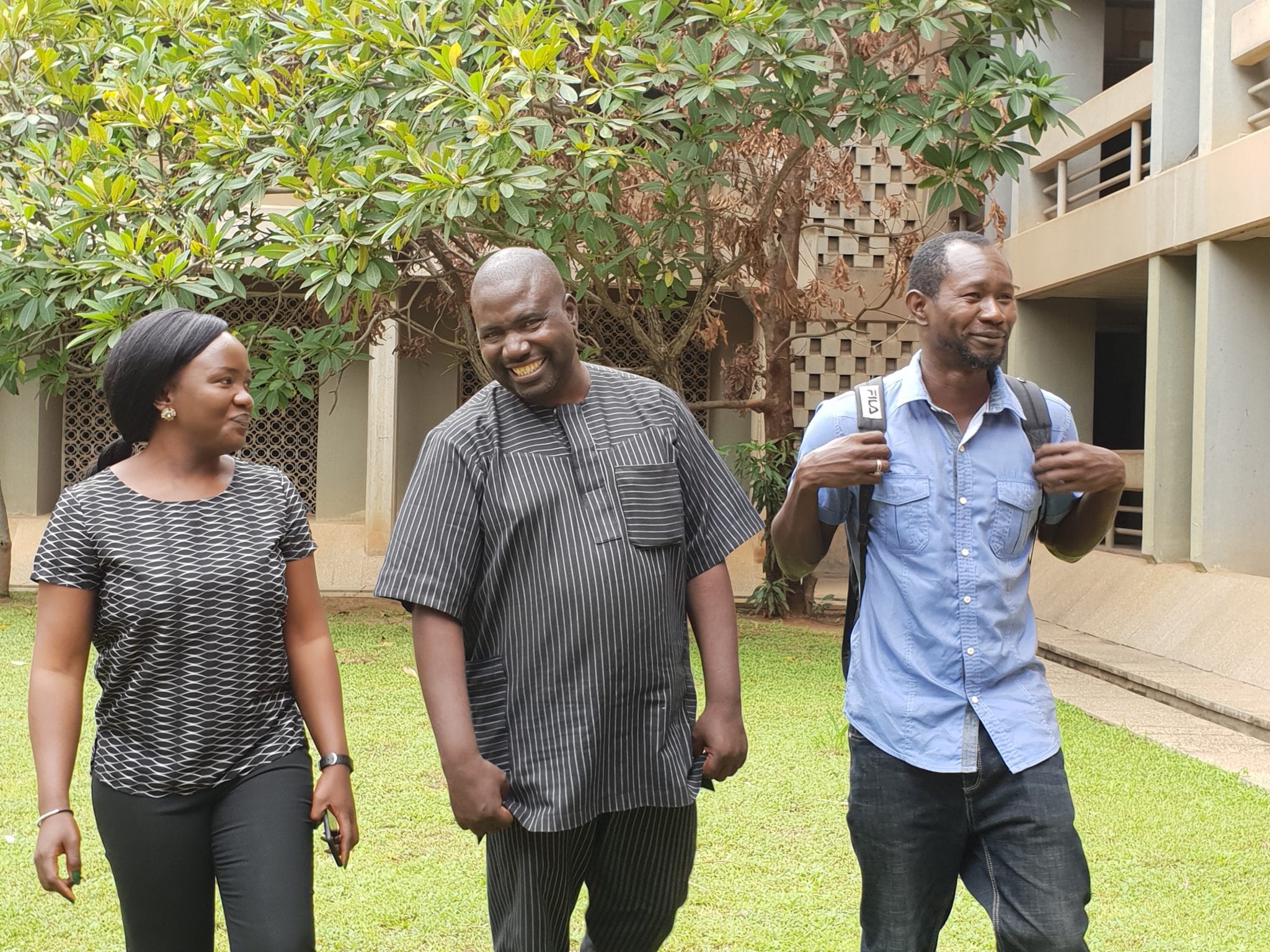
Community development
Our partners and organisations of people with disabilities work with families and communities to raise awareness and reduce stigma relating to mental health. This builds understanding and breaks down barriers, so people with mental health conditions have opportunities including a social life, earning a decent living and access to other services.
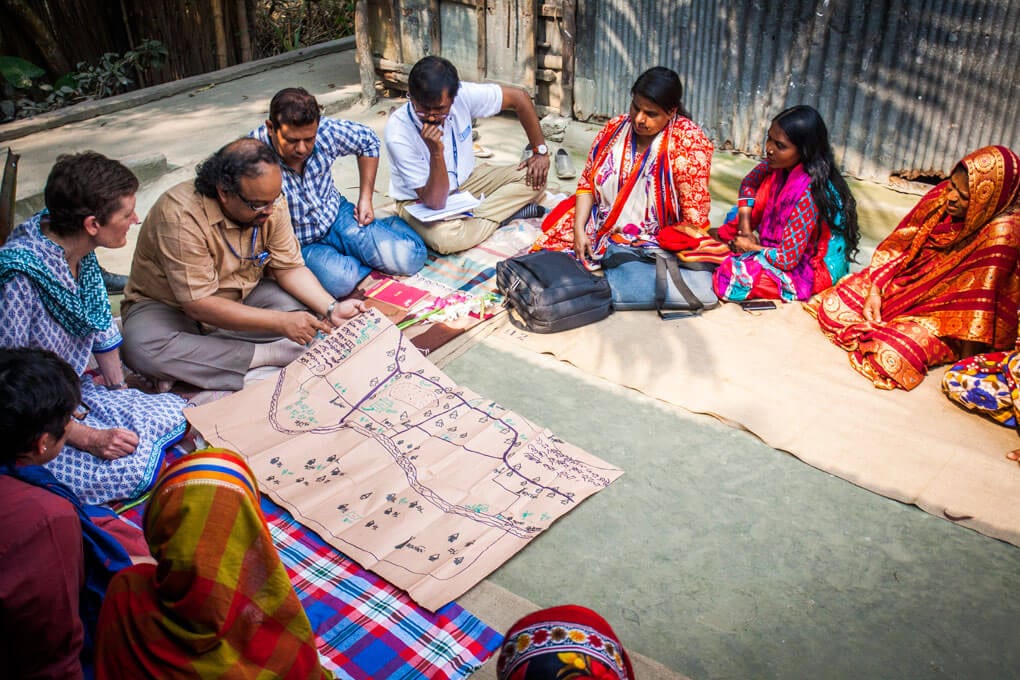
Influencing government
By demonstrating what is possible through our community development work, we influence governments to strengthen policy, improve legislation and invest in inclusive mental health care and social care services.
Our work in West Africa and Asia
CBM supports a number of projects focusing on community mental health in Asia and West Africa. The projects cover a range of activities including the training of national and regional mental health leaders at a grassroots level and generating policy support.
CBM aims to bring about long-lasting change to benefit the lives of those with mental health conditions and the communities in which they live.
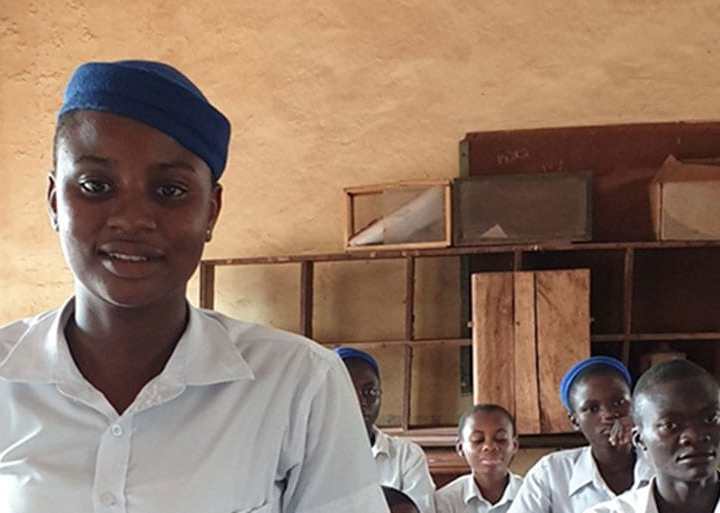
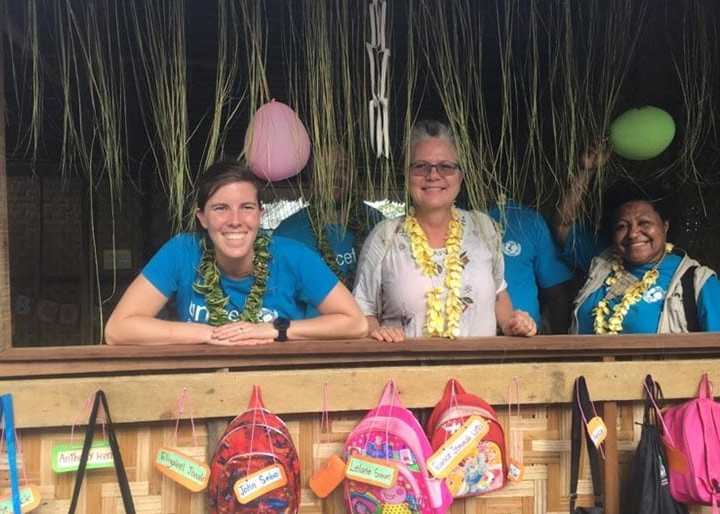
Our work in Papua New Guinea
CBM Australia partnered with UNICEF Australia to support disability inclusion in Papua New Guinea’s Early Childhood Development (ECD) programs, providing disability-specific supports and mental health services for young children with disabilities and their families. The results of this program have influenced the PNG Government’s commitment to inclusive early childhood development and early education policy.

